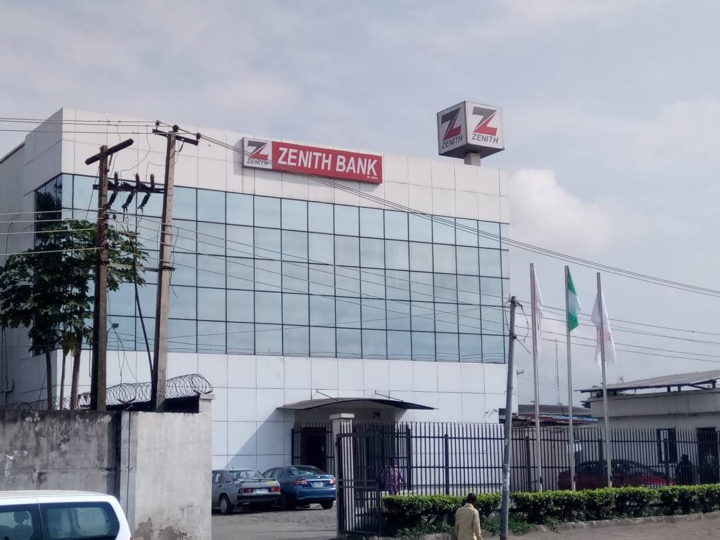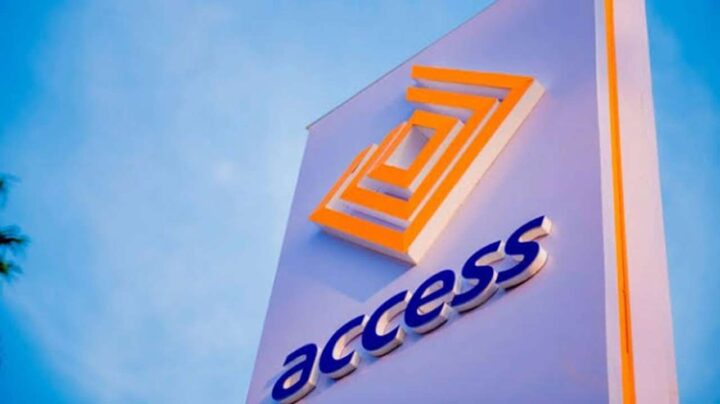Ecobank Transnational Inc. charged off as much as N43.6 billion in credit loss expenses at the end of half-year operations in June 2021. The figure represents an increase of 19 percent year-on-year and a strong growth in loan impairment expenses for the second year.
Across territories, the pan-African bank experienced a rise of 71 in credit loss expenses in dollar terms to $227 million in the 2020 financial year. That was the major factor to a sharp fall of 68 percent in after-tax profit to $88 million at the end of the year.
Rising loan expenses is continuing in the current financial year for the bank but management is applying aggressive cost squeezes to dress up earnings results. Revenue failed to grow in dollar terms but the exchange weakness of the naira produced a 13 percent increase in gross income year-on-year at the end of June.
With the gains in revenue, the bank was able to grow operating profit after credit impairment expenses by up to 40 percent to close the half-year operations at about N95 billion. Its management also combined cost-saving benefits to build a profit of N62.5 billion at the end of its half-year operations in June 2021.
Advertisement
Cost-cutting strategy helped to stretch out margins, which compensated for the revenue weakness. Net profit margin improved from 12.4 percent in the corresponding period last year to 14.1 percent at the end of the 2021 half-year.
The cost savings were achieved from slowdowns in interest expenses and personnel costs. Interest expenses moderated relative to interest income, claiming a reduced proportion of it.
Cost of funds increased only slightly at less than 2 percent year-on-year to N98 billion over the period. This represents some cost-saving compared to an increase of about 10 percent in interest earnings to N283 billion.
Advertisement
Cost-saving from interest expenses powered an increase of 14 percent in net interest income, which stood at roughly N185 billion at half-year. This was supported by flat growth in personnel expenses, which amounted to N85.5 billion at the end of June.
Part of the cost savings were however claimed by three major cost areas that failed to be contained. These are the rising impairment loss on financial assets, an 11 percent increase in other expenses as well as a 163 percent jump in net monetary losses to over N9 billion due to hyperinflation.
Non-interest earnings accounted for much of the improvement in earnings performance. Non-interest revenue grew by 16 percent year-on-year to close at N150 billion at the end of June 2021.
The growth leading revenue lines are other operating income, which nearly doubled to stand in the region of N13 billion at half year and fee and commission income – which rose by 22 percent to almost N93 billion over the same period.
Advertisement
The summary of the bank’s earnings performance at the end of half year operations is that management successfully held costs down while revenue improved. The outcome is a gain in profit margin, which explains the ability to grow after tax profit by 29 percent – well above the 13 percent improvement in gross earnings.
Top of the developments to watch on the bank for the second half of the financial is the possibility of rising credit losses undermining the gain in profit margin and slowing down profit improvement.
Another area of concern is interest cost, which could move further in the direction of outpacing interest income as happened in the second quarter. That may reverse the gain in margins and also slow down the profit growth momentum in the second half.
On the favourable side is an expectation of accelerated growth in non-interest revenue, which could counter possible cost upshots and sustain growth of the bottom line.
Advertisement
ETI closed the half year operations in June 2021 with a balance sheet size of over N11 trillion, an increase of more than N637 billion over the closing asset figure in 2020. Its key assets are customer loans and advances of N3.6 trillion, investment securities of N2.6 trillion, cash and bank balances of N1.7 trillion and due from banks of over N1 trillion.
Advertisement
Add a comment







